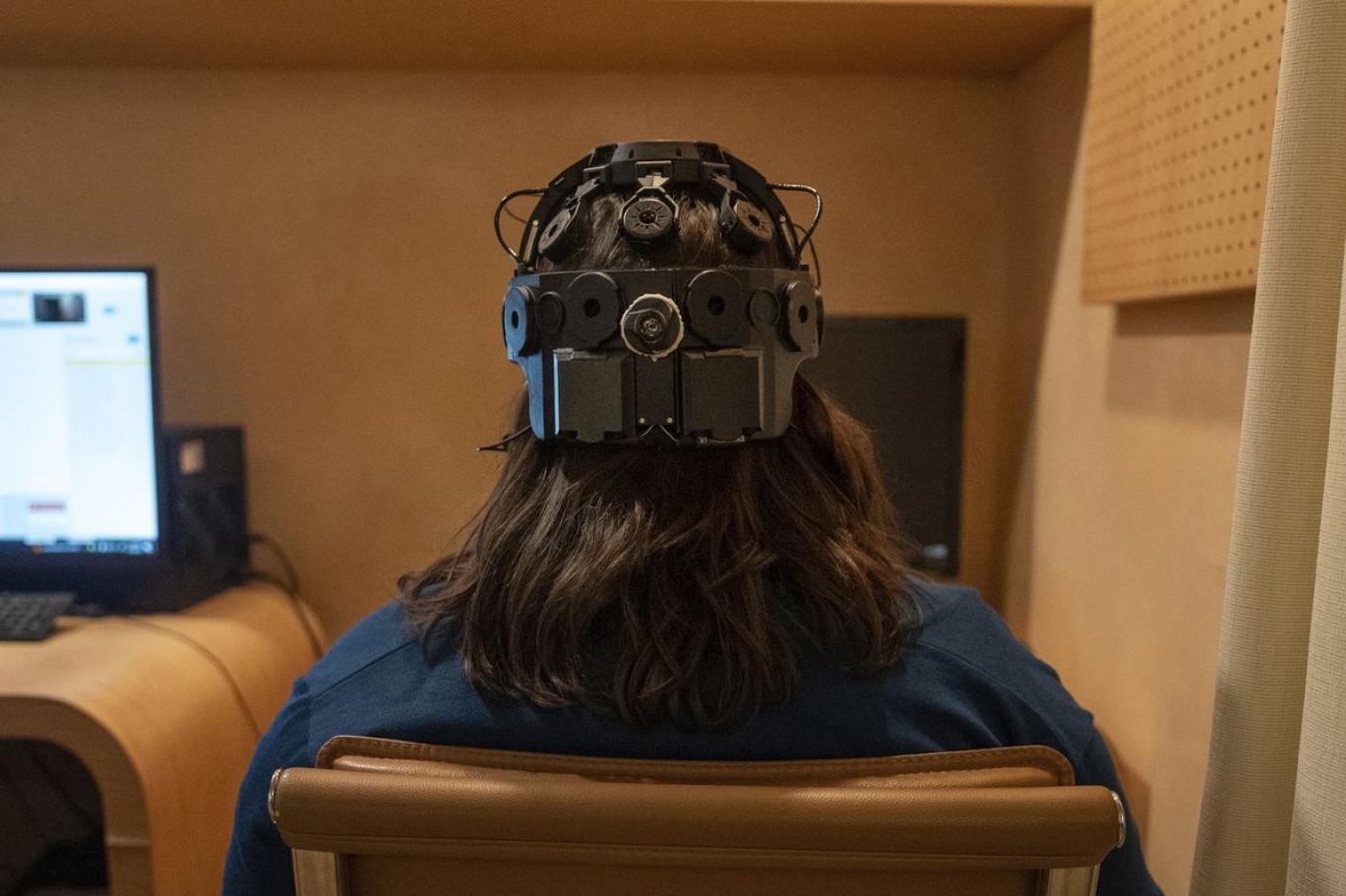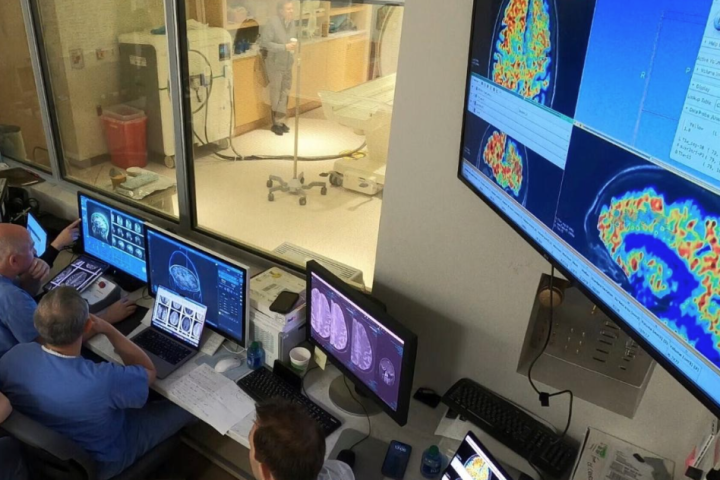Research shows that working very long hours can increase the likelihood of depression and chronic disease.
New research published in PLOS One suggests that late nights and busy schedules in young adulthood may lead to an increased risk of depression and poor health in middle age.
After studying the work schedules and sleep patterns of 7,000 Americans over 30 years, New York University professor Wen-Jui Han, the study’s author, found that only one in four of the participants regularly worked during daylight hours.
Three-quarters of the sample consisted of American workers born in the 1960s, and participants were interviewed from the ages of 22 to 50. It was reported that unlike daytime workers, workers who worked night shifts or rotating shifts when they were younger had sleep problems and were more likely to be unhealthy and depressed by the time they were 50.
After decades of working too many hours and adopting a work culture mentality, Han was only 40 years old when his doctor told him his biological age was 60. This prompted Han to investigate the impact of intensive working hours on long-term health.
“Our current job makes us sick and impoverished,” Han said in an interview with NPR via Zoom.
Work is supposed to allow us to accumulate resources. But many people’s jobs don’t make that possible. They actually become more unhappy over time.
Han said she hopes her research will “provide resources to support those who feel physically exhausted and emotionally drained by their work to lead happy and healthy lives.”
“We can say that they voluntarily want to work long hours, but in reality it’s not about voluntarily working long hours,” the researcher said.
They feel that their work culture requires them to work long hours or they may be penalized.
In his research, Han found that those who sacrifice proper rest for their work are statistically more likely to suffer from depression or poor health.
“When our work becomes a daily stressor, this could be the kind of health problems we could face in 30 years’ time,” the researcher said.
The study may have linked night work and rotating shifts to sleep problems and health problems, but it did not find strong evidence that one directly causes the other. However, the US Centers for Disease Control and Prevention has noted that insufficient sleep can increase the likelihood of developing chronic diseases such as diabetes, heart disease and obesity.





